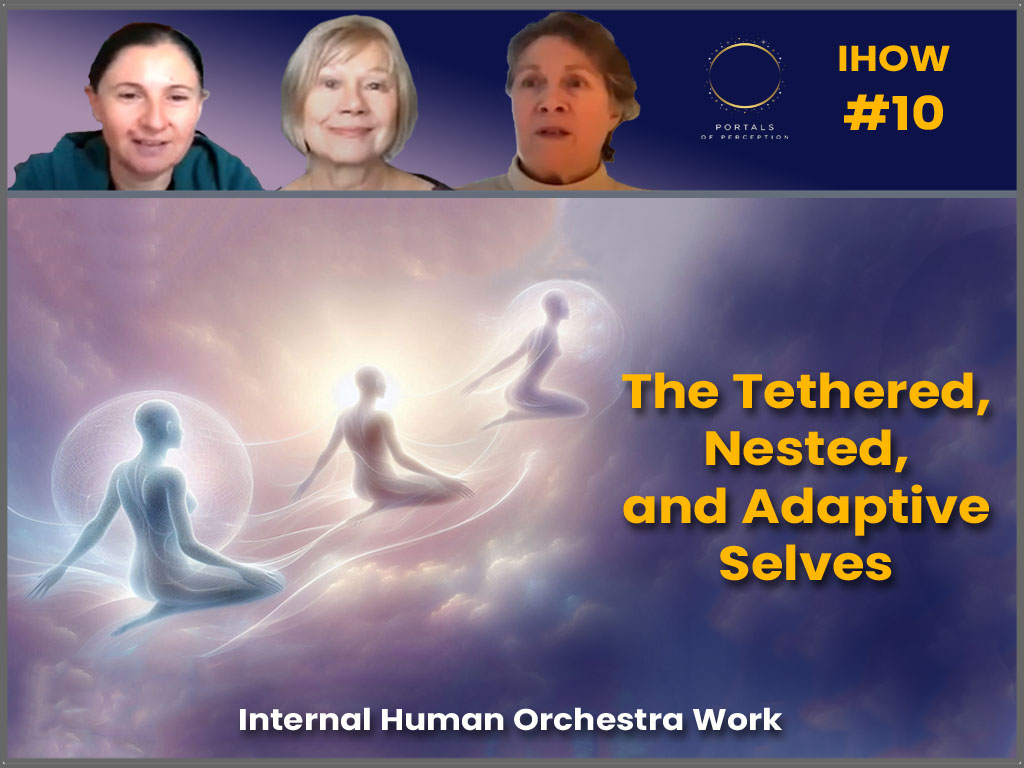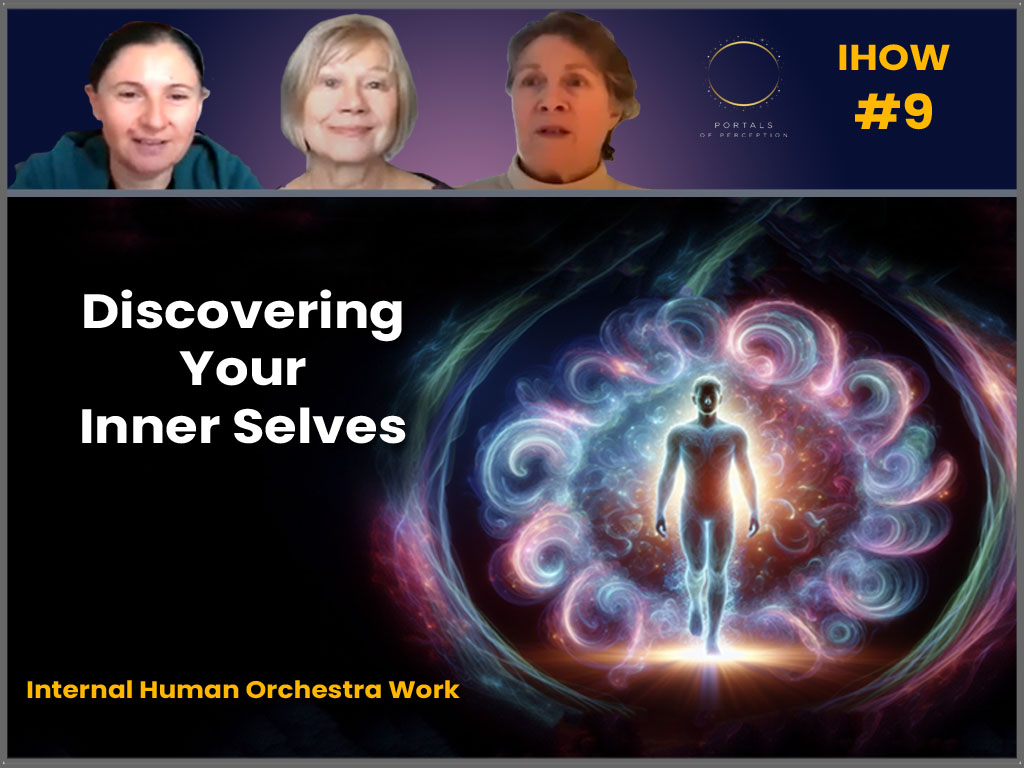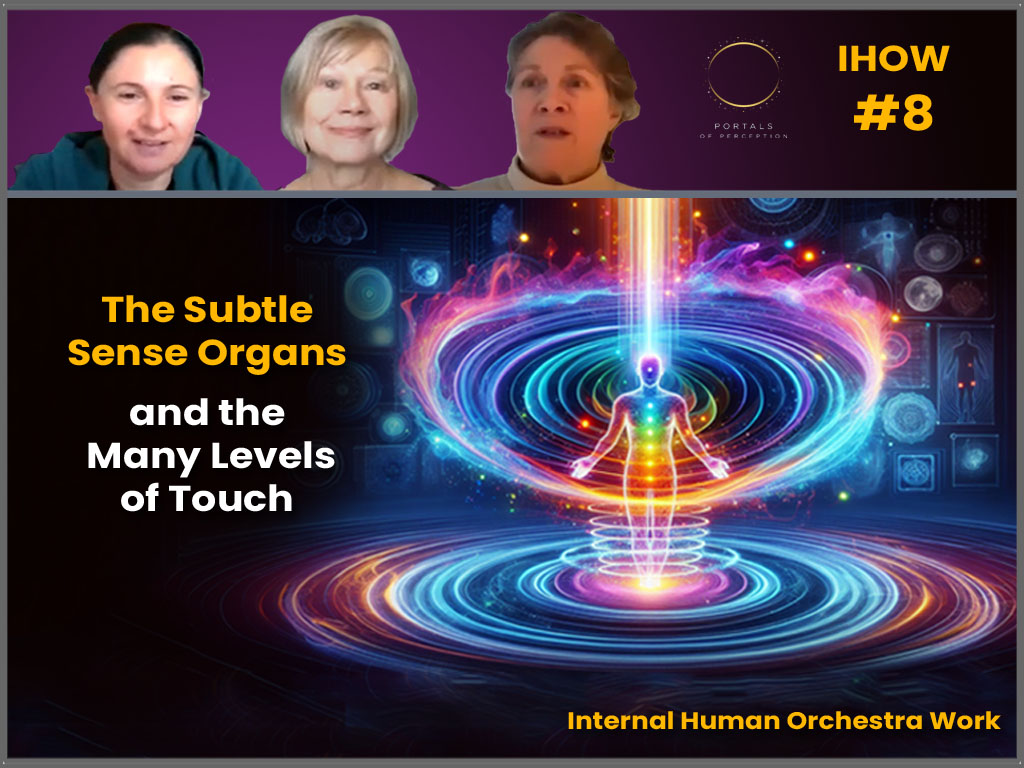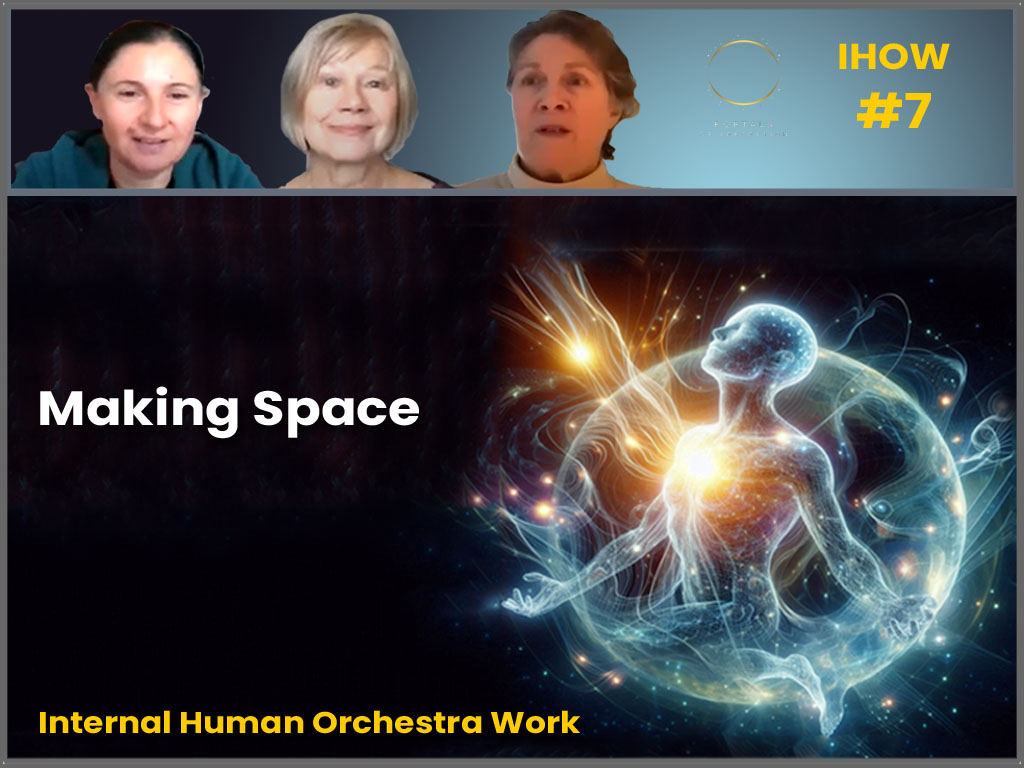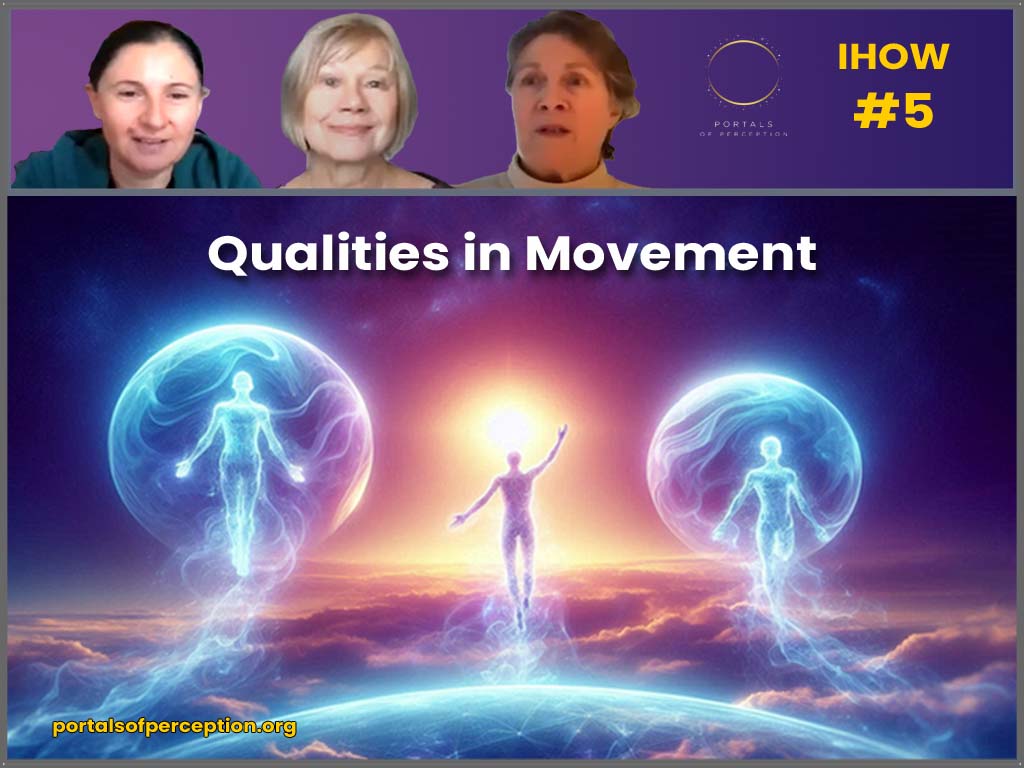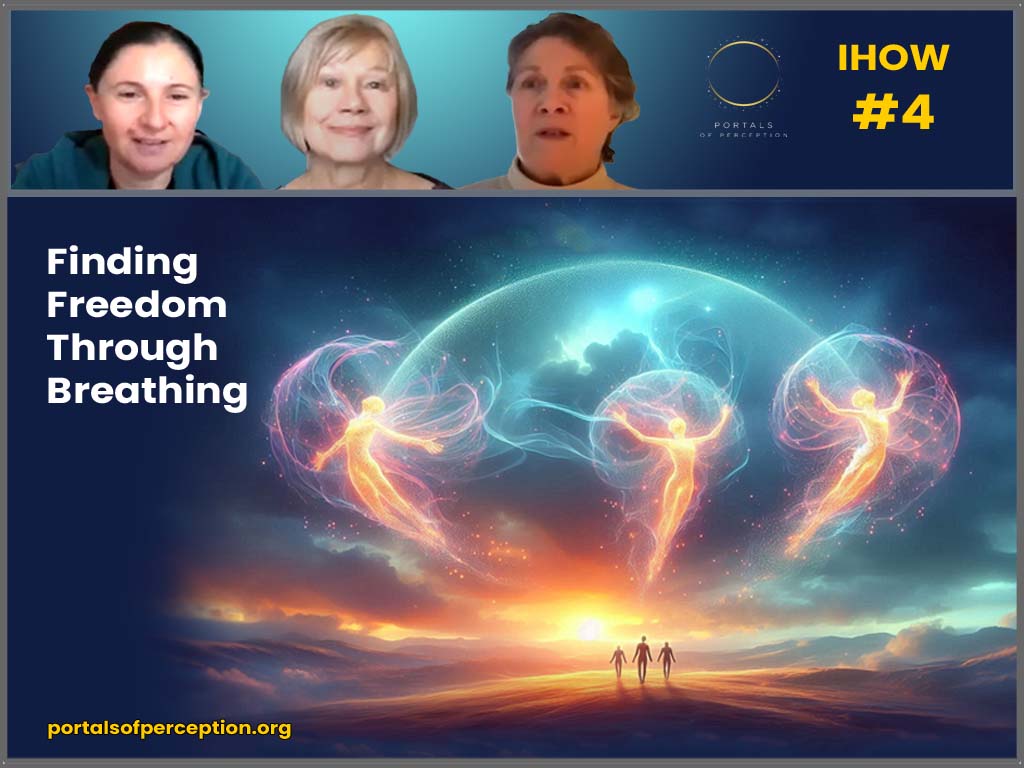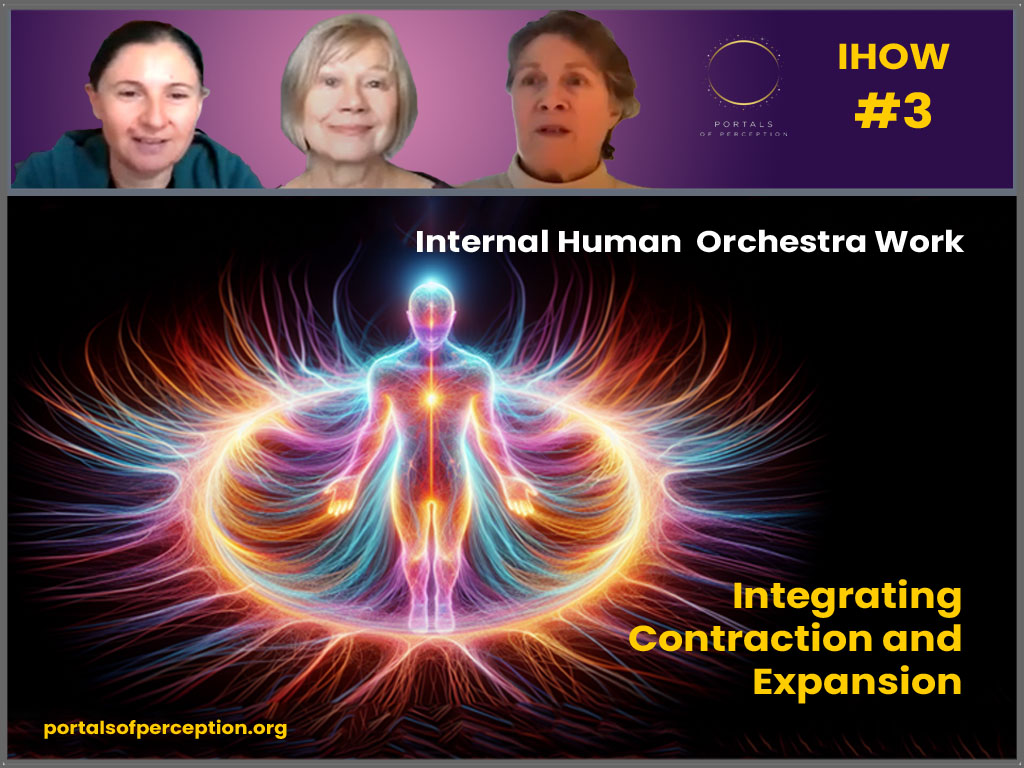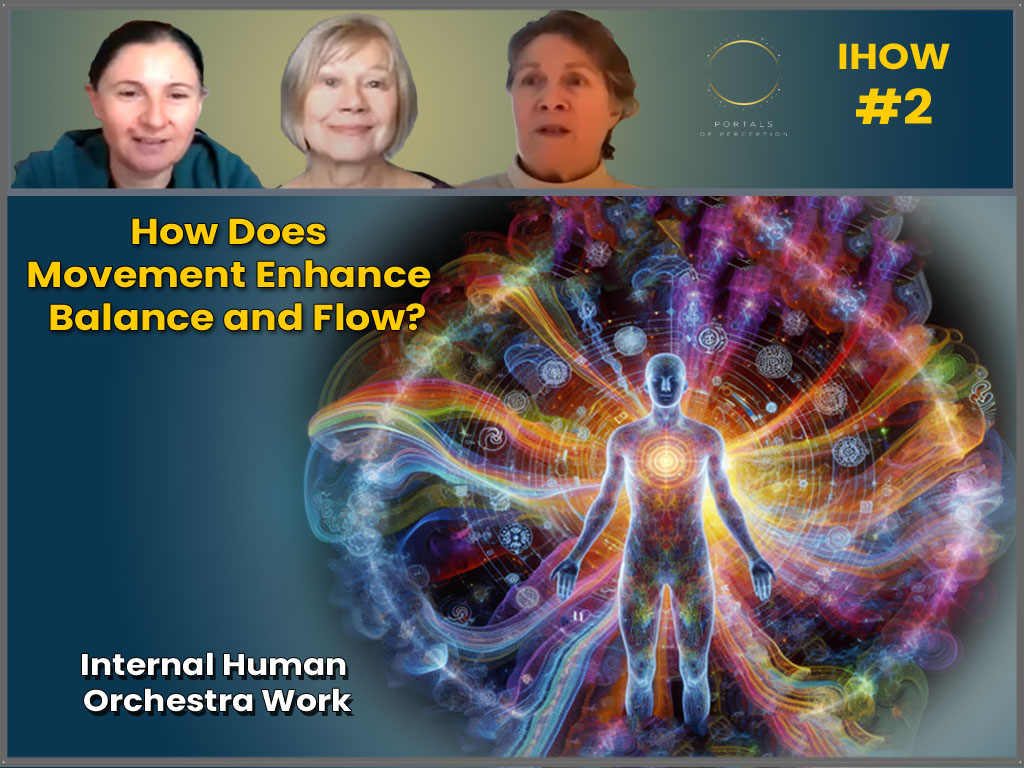
The central propulsion of Portals of Perception is an inquiry about how we humans evolve with our consciousness and perception, and where and how the future emerges.
In this conversation, we are seeking to understand and appreciate how the nature of human experience and perception interrelates with technology. In other words, how our natural human capabilities and cognition correspond with and shape and then are influenced by the technologies we build and how these cross-pollinate and influence each other.
Some researchers see in the advance of technology unlimited potential to support emerging communities and human growth and learning; others see a danger in its expanding influence.
In this conversation, Aviv Shahar and two global researchers on the leading edge of technology development explore the evolution of artificial intelligence and its implications for the evolution of humanity.
People consider that technology is something that is separate from the person themselves. My view on this is that, actually, technology is a representation of our current state of mind. Technology has often followed what we have been doing or considering, and you see this as an example in the lead up to the Industrial Revolution. What we are now seeing is that technology has become a trigger for change, personally and socially.



